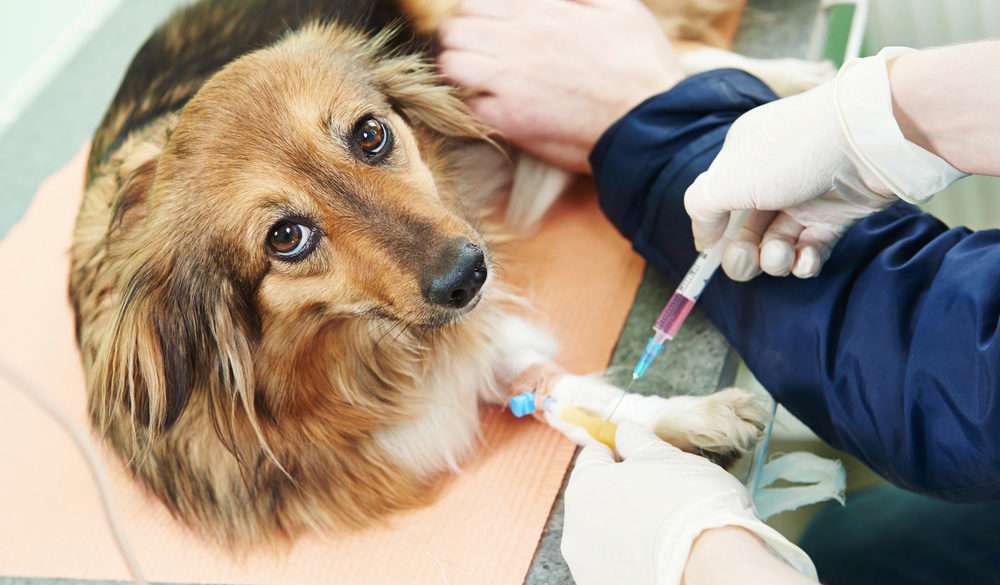Many pet owners don’t realize this, but dogs can catch the flu much in the same way that humans do. Canine influenza has been tracked since at least 2004, when one researcher sequenced the virus and tracked its origin to horses. Humans and dogs cannot transfer flu to or from each other, but dogs can get it from other dogs. The question becomes whether you need to protect your dog from other pups who may or may not become infected, and the answer depends entirely on you, your dog, and your activity patterns. Dogs who spend most of their time indoors at home do not have the same risk factors as highly social dogs. Dogs with active lives are more prone to infection. If your dog spends lots of time with other dogs at day care, the dog park, or in the vet’s office, a flu shot might be a good preventative measure. Flu symptoms in dogs are similar to flu symptoms in humans, marked by coughing, a runny nose, and lethargic behavior. As with all health ailments, if you think your dog might have the flu your first step should be a conversation with your veterinarian. Canine flue does rarely lead to more complicated sicknesses (such as pneumonia), so it’s best to err on the side of caution.


